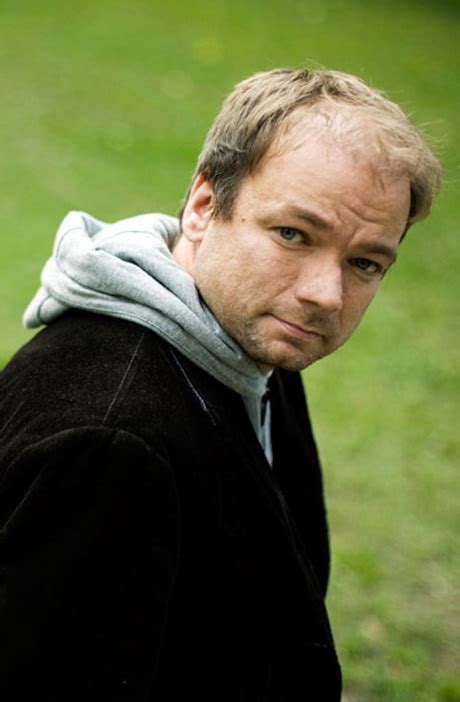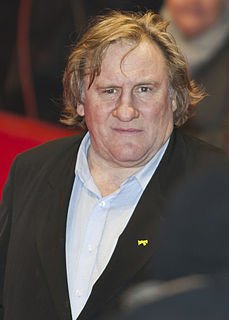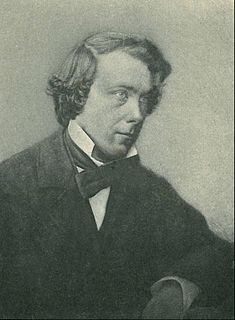A Quote by Steve Jobs
Great art stretches the taste, it doesn't follow tastes.
Related Quotes
A good taste in art feels the presence or the absence of merit; a just taste discriminates the degree--the poco piu and the poco meno. A good taste rejects faults; a just taste selects excellences. A good taste is often unconscious; a just taste is always conscious. A good taste may be lowered or spoilt; a just taste can only go on refining more and more.
When one is young, one venerates and despises without that art of nuances which constitutes the best gain of life, and it is only fair that one has to pay dearly for having assaulted men and things in this manner with Yes and No. Everything is arranged so that the worst of tastes, the taste for the unconditional, should be cruelly fooled and abused until a man learns to put a little art into his feelings and rather to risk trying even what is artificial — as the real artists of life do.
I know now that he who hopes to be universal in his art must plant in his own soil. Great art is like a tree, which grows in a particular place and has a trunk, leaves, blossoms, boughs, fruit, and roots of its own. The more native art is, the more it belongs to the entire world, because taste is rooted in nature. When art is true, it is one with nature. This is the secret of primitive art and also of the art of the mastersMichelangelo, Czanne, Seurat, and Renoir. The secret of my best work is that it is Mexican.
I'm an aesthetic empiricist. If you like something, it doesn't matter who made it. There really is no objective standard other than your own taste. You develop your own tastes, you find things that do or do not fit your tastes, and therefore are or are not 'good.' Whether they have been labeled as produced by the right person is another matter.



































